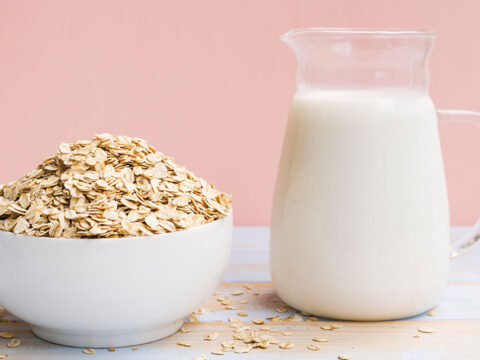
Diabetes & Dementia: How It Affects Your Brain
June 9, 2022
Meal Prepping Tips To Manage Diabetes Naturally
June 13, 2022When you have diabetes, you often feel hungry even after you have eaten your meals. This excessive hunger or increased appetite is one of the three main symptoms of high blood sugar levels in the body. The medical term for this excessive hunger is polyphagia or hyperphagia.
Here, it is imperative to understand that polyphagia is not the same as binge eating. It is a medical condition with many underlying causes, one of them being diabetes.
Causes of Polyphagia in Diabetes
Although excessive hunger can be caused by many factors, diabetes patients usually experience it because of hyperglycemia (high blood sugar levels) or hypoglycemia (low blood sugar levels).
Let’s know more to understand how high or low blood sugar levels cause polyphagia or excessive hunger.
Excessive Hunger And Hyperglycemia
In uncontrolled diabetes, the body either lacks insulin or becomes insulin resistant, causing blood sugar levels to become abnormally high. This eventually prevents the glucose from entering the cells, rendering the body incapable of converting food into energy. With the lack of energy in the body, hunger increases.
Excessive Hunger And Hypoglycemia
Diabetes may also cause hypoglycemia or extremely low blood sugar levels. In the case of hypoglycemia, the body tends to release stored glucose from the liver to restore normal glucose levels. This eventually results in excessive hunger or polyphagia.
How To Recognise Polyphagia?
The main symptom of polyphagia is that hunger doesn’t go away by eating more food or eating at more frequent intervals.
Other symptoms of polyphagia or excessive hunger include fatigue, blurry vision, unexplained weight loss, tingling or numbness in hands and feet, slow healing of wounds, etc.
Note that these are the same symptoms as those of diabetes, indicating a close connection between the two.

How To Treat Polyphagia In Diabetes?
The best way to treat polyphagia or excessive hunger is by controlling blood glucose levels and managing your diabetes properly. For this, you need to regularly monitor your blood glucose levels, take medications, follow a healthy eating plan and exercise regularly.
However, if your hunger persists even after controlling blood sugar levels, you may need to consult your doctor. They may prescribe medications or any other treatment plan.
How To Manage Excessive Hunger in Diabetes?
While the most important thing is to control your diabetes, there are some more tips you may follow to manage your hunger in diabetes.
- Monitor your blood sugar levels at regular intervals. If your blood sugar levels drop too low, quickly eat a carbohydrate like glucose tablets to raise it.
- Include foods that are high in fibre and low in carbs.
- Drink plenty of water.
- Make sure to eat a fulfilling high-protein breakfast.
- Do not eat food while watching TV or doing any other activity. Eat your meals with mindfulness.
- Include herbs and spices to make your food tasty.
- Do not give in to your cravings. Distract yourself with activities you enjoy like walking, reading, etc.
- Manage your stress and anxiety well to avoid emotional eating.
- Keep healthy snacks like fruits and nuts easily accessible.
The Bottom Line
If your diabetes is uncontrolled, you may often feel hungry. Excessive hunger is a leading symptom of high blood sugar levels. Low blood sugar levels can also cause an increase in appetite. However, you can easily control your hunger or polyphagia by managing your diabetes.




